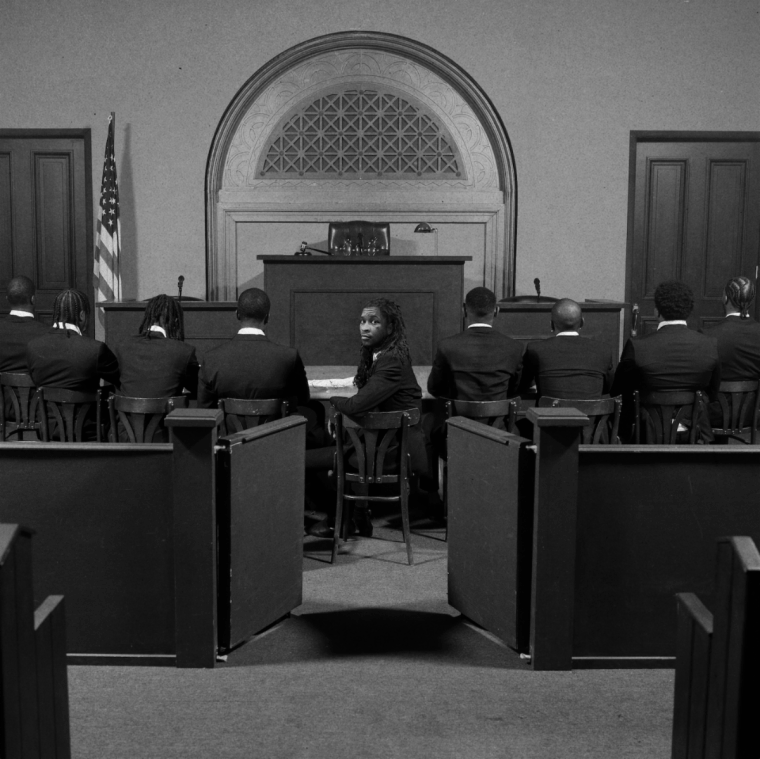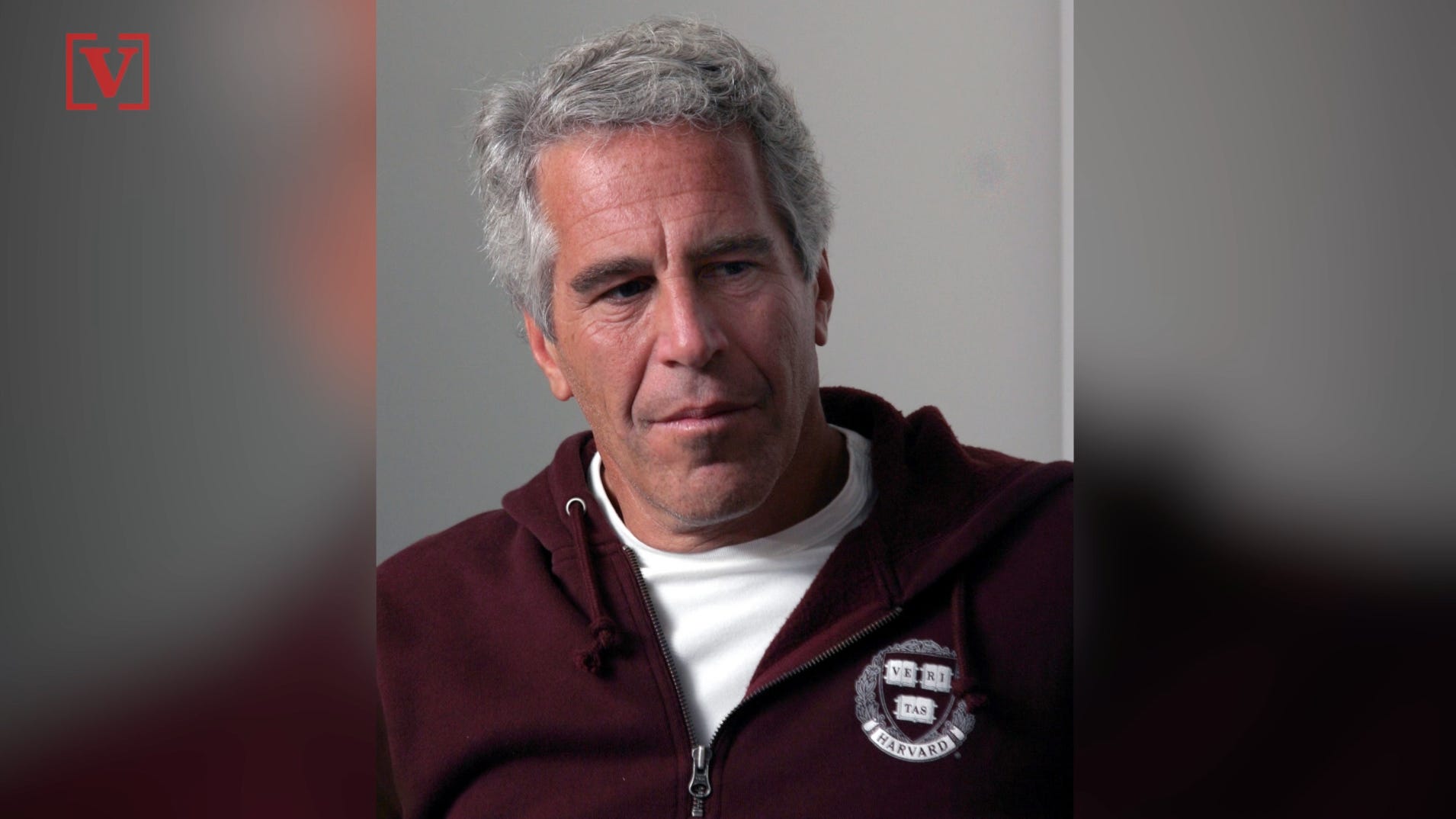The Closure Of Anchor Brewing Company: What's Next For The Iconic Brewery?

Table of Contents
Anchor Brewing Company, a San Francisco institution and a pioneer of the American craft beer movement, recently announced its closure. This shocking news sent ripples through the beer industry and left many wondering about the future of this iconic brewery. This article explores the circumstances surrounding the closure and speculates on what might come next for the Anchor brand and its legacy. We'll examine the potential for a sale, the impact on the craft beer landscape, and the lasting impact of Anchor on brewing culture.
<h2>The Reasons Behind Anchor Brewing's Closure</h2>
The closure of Anchor Brewing, a brewery synonymous with American craft beer, wasn't a sudden event but rather the culmination of several long-term challenges. Financial struggles played a significant role, stemming from a combination of factors that ultimately proved insurmountable.
Increased competition within the craft beer market significantly impacted Anchor's profitability. The rise of numerous smaller, innovative craft breweries, along with the aggressive marketing strategies of larger corporate breweries, created a highly competitive landscape. Anchor, known for its traditional brewing methods, struggled to keep pace with evolving consumer tastes and marketing trends.
Rising production costs also played a crucial role. Increases in the cost of raw ingredients like barley and hops, combined with escalating labor costs and distribution expenses, squeezed Anchor's profit margins. The brewery's aging facilities likely added to these operational costs.
Sapporo Holdings, Anchor's parent company, ultimately made the difficult decision to cease operations. While the exact details of their internal decision-making process remain undisclosed, it’s clear that the financial challenges faced by Anchor played a significant part in their decision.
- Increased competition from larger breweries and smaller craft breweries: The craft beer market has become increasingly saturated, leading to a price war and increased marketing expenses.
- Rising costs of ingredients, labor, and distribution: Inflation and supply chain issues further strained Anchor's already tight margins.
- Changing consumer preferences in the beer market: The popularity of new beer styles and the demand for more experimental brews challenged Anchor's traditional approach.
- Lack of significant innovation and marketing efforts in recent years: Anchor struggled to adapt to the dynamic market and connect with younger consumers.
<h2>Potential Buyers and Future Scenarios for Anchor Brewing</h2>
The closure of Anchor Brewing doesn't necessarily mean the end of the brand. Several scenarios are possible, including a potential sale or acquisition by another brewing company. Many breweries, both large and small, might be interested in acquiring the Anchor brand, recognizing its historical significance and potential market value.
Speculation abounds about potential buyers. Larger breweries with existing distribution networks and marketing power could see Anchor as a valuable acquisition, particularly for its established brand recognition and loyal customer base. However, smaller craft breweries might also be interested in acquiring Anchor, aiming to leverage the brand’s legacy to expand their market share.
- Analysis of potential acquirers interested in the Anchor brand and its market share: Large corporate breweries, regional breweries, and even smaller craft breweries with ambitions for expansion could be interested.
- Speculation on the potential revitalization strategies a new owner might employ: A new owner could revitalize Anchor by investing in modern brewing equipment, expanding its product line, or launching a more aggressive marketing campaign.
- Discussion of the implications of the brand being discontinued for consumers and the craft beer market: The discontinuation of the Anchor brand would represent a significant loss for beer enthusiasts and the craft beer community.
<h2>The Legacy of Anchor Brewing and its Impact on the Craft Beer Industry</h2>
Anchor Brewing holds a pivotal position in the history of American craft beer. Founded in 1896, it played a crucial role in the resurgence of craft brewing in the late 20th century. Its commitment to quality and traditional brewing methods helped to elevate the perception of craft beer from a niche interest to a mainstream phenomenon.
Anchor's influence extends beyond its beers. Its dedication to brewing classic styles, like its iconic Steam Beer, helped to establish a foundation for many modern craft breweries. The brewery's unwavering commitment to quality ingredients and traditional techniques has inspired countless brewers over the years.
- Anchor's role in the American craft beer revolution: It helped to establish the modern craft beer movement and pave the way for countless other craft breweries.
- Key innovations and brewing techniques pioneered by Anchor: While not always groundbreaking in terms of style, Anchor's commitment to quality and traditional methods is itself an innovation.
- Anchor's influence on brewing culture and consumer perception of craft beer: The brewery helped establish the idea of craft beer as something special, higher quality, and distinctly American.
<h2>The Future of Craft Beer in the Face of Anchor's Closure</h2>
The closure of Anchor Brewing serves as a cautionary tale for the craft beer industry. It highlights the challenges facing even established breweries in a highly competitive market. The industry faces increasing consolidation, with larger breweries acquiring smaller ones, potentially leading to a homogenization of beer styles and a reduction in the diversity of craft breweries.
Smaller, independent breweries face the challenge of maintaining profitability in the face of rising costs and competition from larger players. Innovation, marketing, and building a strong brand identity are crucial for survival. The ever-changing consumer preferences also present a constant challenge, requiring breweries to adapt and innovate to maintain relevance.
- The impact of larger brewery acquisitions on the craft beer market: Acquisitions can lead to a reduction in craft beer diversity and stifle innovation.
- Challenges faced by smaller independent breweries: Smaller breweries need to focus on unique offerings, strong branding, and community engagement to survive.
- The changing landscape of consumer preferences and industry trends: Breweries need to adapt to changing consumer demands for unique flavors, healthier options, and sustainable practices.
<h2>Conclusion</h2>
The closure of Anchor Brewing Company marks a significant moment in the history of American craft beer. While the reasons behind this decision are multifaceted, the legacy of Anchor remains undeniable. Its impact on brewing techniques, industry culture, and consumer preferences is long-lasting. The future of the Anchor brand remains uncertain, but the discussions surrounding potential buyers and revitalization strategies highlight the continued interest in this iconic brewery. The fate of Anchor serves as a case study for the challenges and opportunities facing the craft beer industry, prompting further discussion on market dynamics and sustainability in the sector. Stay informed about future developments concerning the iconic Anchor Brewing Company and the future of American craft brewing.

Featured Posts
-
 Vstrecha Zelenskogo I Trampa V Vatikane Rezultaty Po Slovam Makrona
May 10, 2025
Vstrecha Zelenskogo I Trampa V Vatikane Rezultaty Po Slovam Makrona
May 10, 2025 -
 Young Thugs New Song A Promise To Stay Faithful
May 10, 2025
Young Thugs New Song A Promise To Stay Faithful
May 10, 2025 -
 Incident Survenu Rue Michel Servet Dijon Un Vehicule Heurte Un Mur
May 10, 2025
Incident Survenu Rue Michel Servet Dijon Un Vehicule Heurte Un Mur
May 10, 2025 -
 Trump Inauguration Donations The 194 Billion Loss For Tech Billionaires
May 10, 2025
Trump Inauguration Donations The 194 Billion Loss For Tech Billionaires
May 10, 2025 -
 Bondi Under Fire Senate Democrats Claim Hidden Epstein Files
May 10, 2025
Bondi Under Fire Senate Democrats Claim Hidden Epstein Files
May 10, 2025
